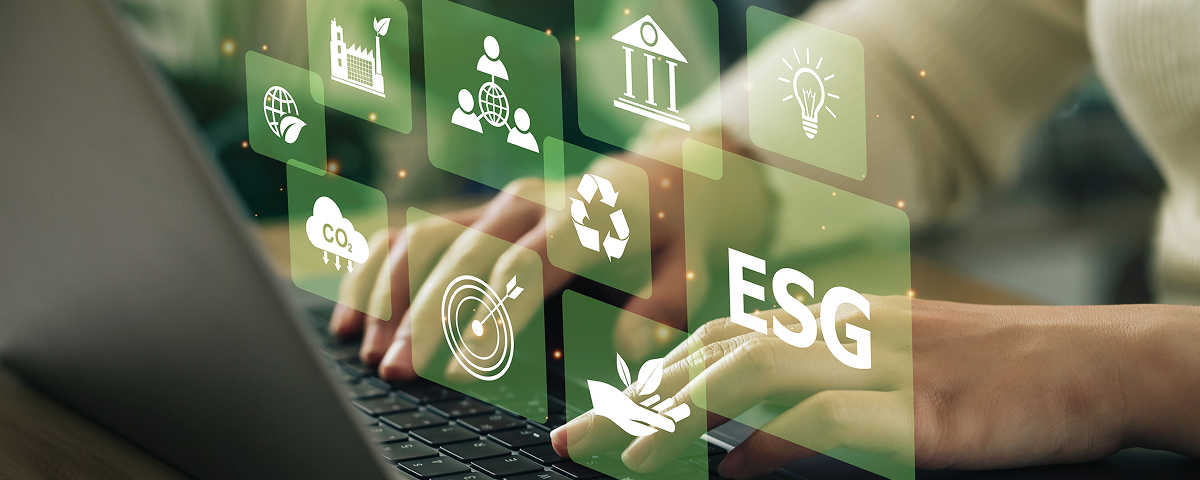News Detail
Insights Banner (Rename)
News Details Portlet
Renewable Energy Certificates in Singapore: What Are They and How Do They Work?
Singapore is making firm strides towards a more sustainable future. As a small island nation with limited natural resources, it has long relied on imported fossil fuels. But today, the country is stepping up efforts to reduce its carbon emissions and embrace greener energy solutions.
Businesses play a central role in this shift. Their operations consume significant energy, and their choices have lasting environmental consequences.
Increasingly, companies are expected to show environmental responsibility. One practical tool is through the purchase of Renewable Energy Certificates in Singapore.
What is a Renewable Energy Certificate (REC)?
A Renewable Energy Certificate (REC) represents proof that 1 megawatt-hour (MWh) of electricity was generated using renewable sources such as solar, wind, or biomass. The electricity may be used anywhere, and the environmental benefits can be claimed by the entity that purchases the REC.
RECs are not tied to the physical delivery of electricity. Instead, they act as a tracking mechanism to measure the environmental value of green electricity. This separation allows companies to offset their carbon footprint without the need to generate or consume renewable energy directly.
RECs are issued by international registries like APX’s Tradable Instrument for Global Renewables (TIGRs) and the International REC Standard (I-REC). These bodies verify the source of the energy, record the transactions, and ensure the certificates aren’t claimed more than once.
Why Are RECs Important in Singapore?
Singapore has pledged to reduce its emissions and aims to achieve net-zero emissions by 2050. In a country where large-scale renewable infrastructure is challenging due to land constraints, RECs provide a flexible and viable alternative.
They also align with many companies’ Environmental Corporate Social Responsibility (ECSR) policies. Whether a company is looking to improve its sustainability reports or reduce Scope 2 emissions, purchasing RECs is a strategic move.
For businesses without the ability to install their own solar panels, RECs offer a practical route to participate in the clean energy transition.
How Organisations Can Leverage on RECs
Organisations can use Renewable Energy Certificates in Singapore to support their clean energy targets and respond to climate-related regulations.
Each REC stands for 1 megawatt-hour (MWh) of electricity that was generated from renewable sources rather than fossil fuels such as coal, oil, or gas. By purchasing RECs, organisations can reduce their reported Scope 2 emissions, which are linked to electricity use.
However, it's important to note that RECs do not guarantee that an organisation’s electricity comes entirely from renewable sources. Nor do they deliver emissions savings in the same way as carbon offsets. Instead, RECs represent support for renewable generation that helps shift the broader energy mix away from fossil fuels.
These certificates are tracked by international registries, which monitor their creation, sale, and retirement, thereby ensuring accuracy and avoiding duplicate claims.
Benefits of Buying RECs for Your Business
Buying Renewable Energy Certificates in Singapore shows your organisation is committed to using cleaner energy. It’s a practical way to include renewable energy in your energy mix—without needing to install any infrastructure yourself.
RECs support your Environmental Corporate Social Responsibility (ECSR) strategy. They also contribute towards Singapore’s national climate targets under the COP25 Paris Agreement. Each REC you buy helps offset your carbon footprint while supporting global efforts to reduce emissions.
Financially, purchasing RECs allows your business to support renewable energy without installing your own solar panels. It helps you meet sustainability goals, strengthen environmental, social and governance (ESG) reporting, and enhance brand reputation. When you support clean energy projects, your business also contributes to a greener grid—all while showing stakeholders your commitment to climate action.
There’s also a growing expectation for businesses to show accountability on sustainability. Companies with clear and credible climate actions—like REC purchases—are viewed more favourably by investors, clients, and stakeholders.
PowerSelect’s Role in the REC Market
PowerSelect simplifies the process of acquiring Renewable Energy Certificates in Singapore. It offers access to RECs from verified renewable energy projects, which ensures that the certificates your company buys are legitimate and traceable.
PowerSelect also handles certification and redemption, working in partnership with registries like APX TIGRs and I-REC. This means companies don’t need to navigate the technical aspects of REC management on their own.
Whether you're new to RECs or have purchased them before, PowerSelect offers a reliable route for procurement and reporting.
Making Sustainable Choices Easier
RECs are not a substitute for improving energy efficiency or reducing consumption. But they are a credible way to support clean energy production—especially for businesses that may not yet have the infrastructure to generate their own.
In Singapore, where space and resources are limited, Renewable Energy Certificates offer a smart path for companies to meet their carbon goals. They allow firms to make a real impact on emissions while strengthening their sustainability narratives.
PowerSelect helps businesses navigate the REC landscape by connecting them with trusted partners providing guidance throughout the process. This makes it simpler for companies to take meaningful steps towards building a greener energy portfolio.
Ready to start leveraging more sustainable electricity? Know how RECs work in this guide: https://www.powerselect.sg/buy-recs.
Request a Demo Portlet




